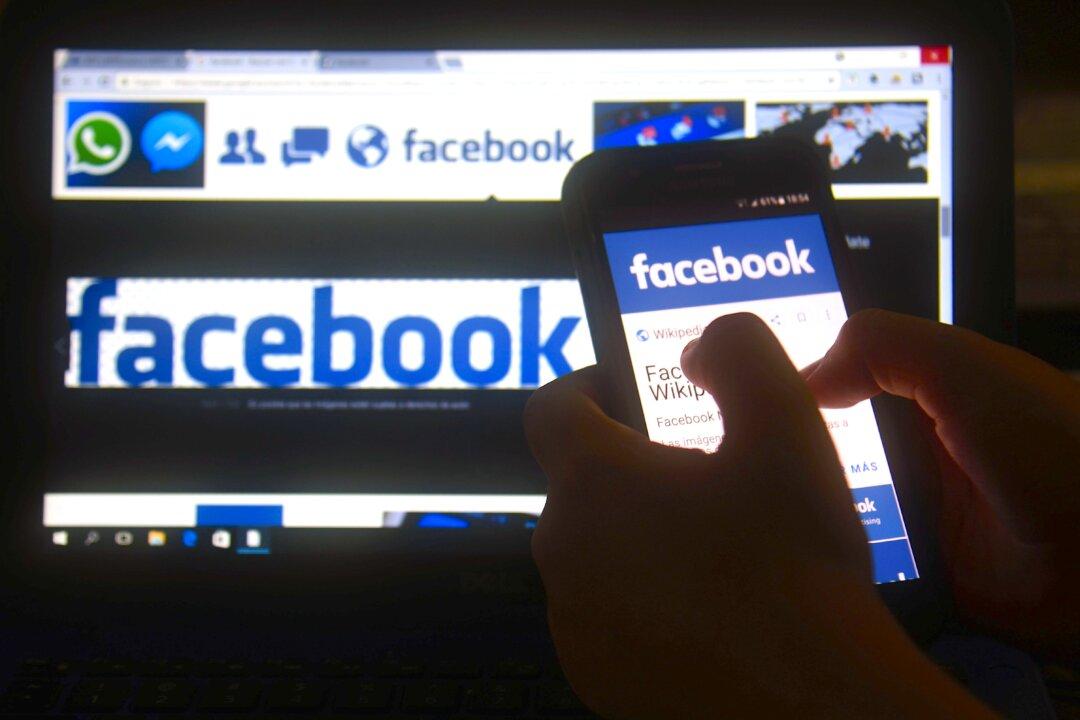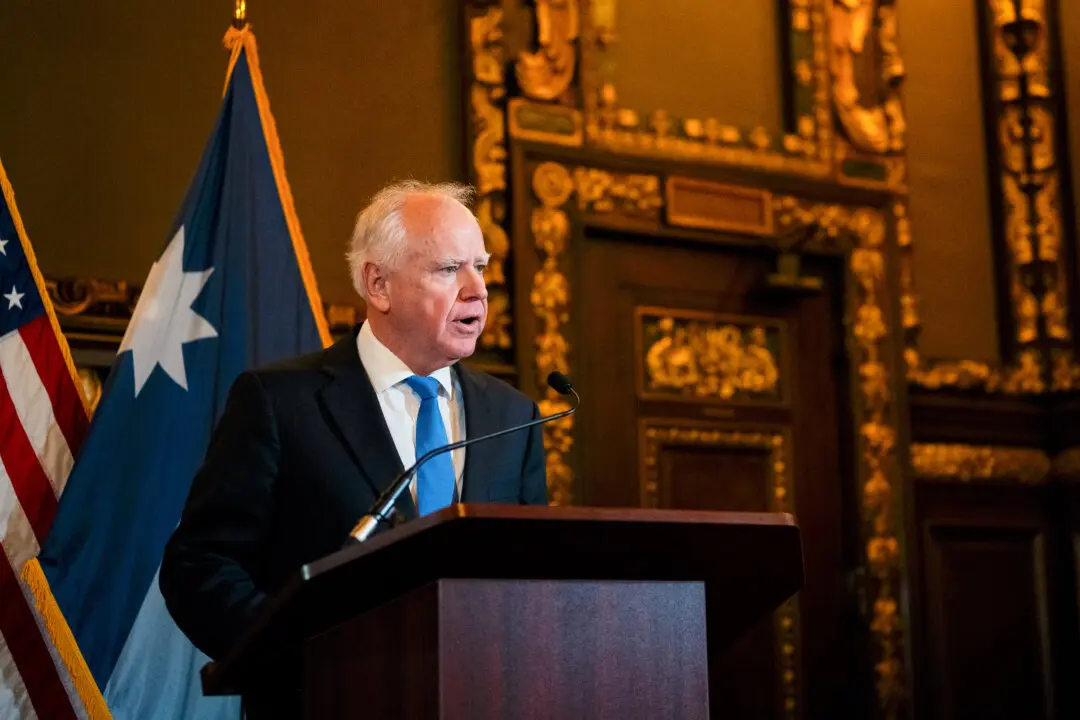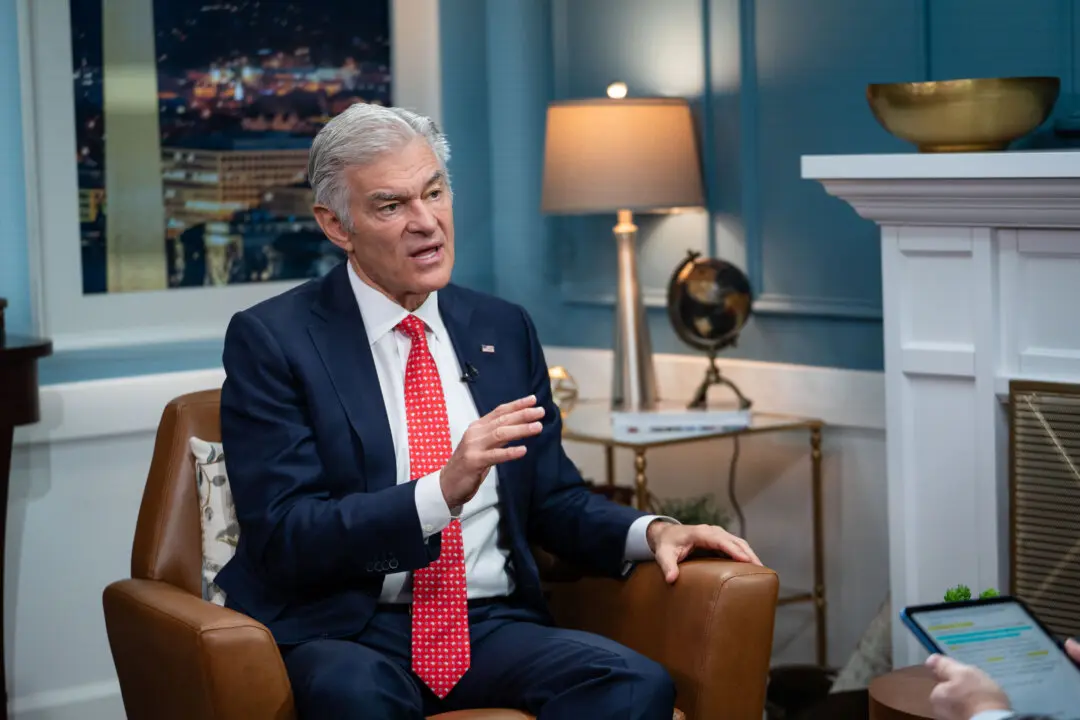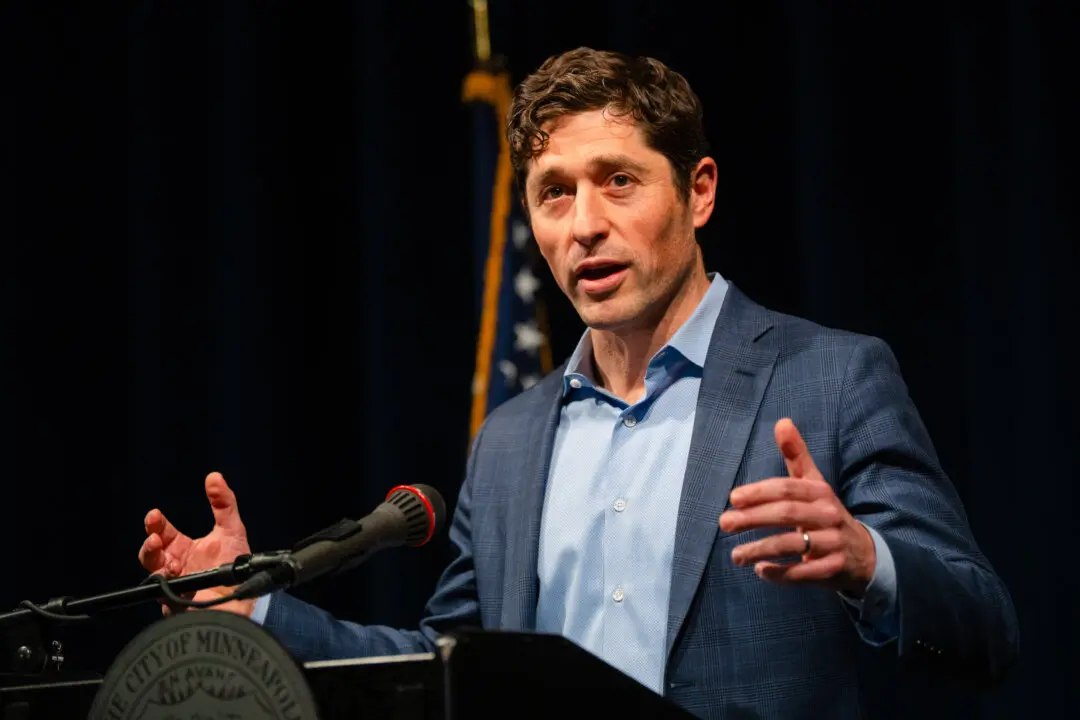The cellphone and other electronic devices of “Juror X,” whose social-media posts during a high-profile federal case created controversy, will not be subjected to forensic examination, a federal appeals court ruled.
A three-judge panel of the U.S. 6th Circuit Court of Appeals in Cincinnati, Ohio, refused to issue an order allowing a probe of the juror’s devices in the case of Alexander “P.G.” Sittenfeld, a former Cincinnati city councilman who was convicted of two federal corruption-related charges in July.





